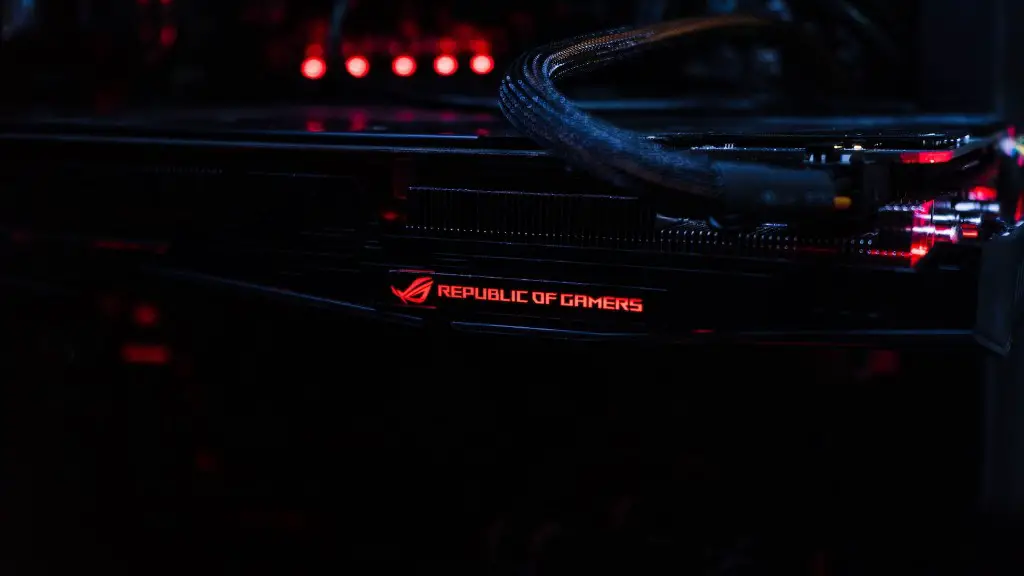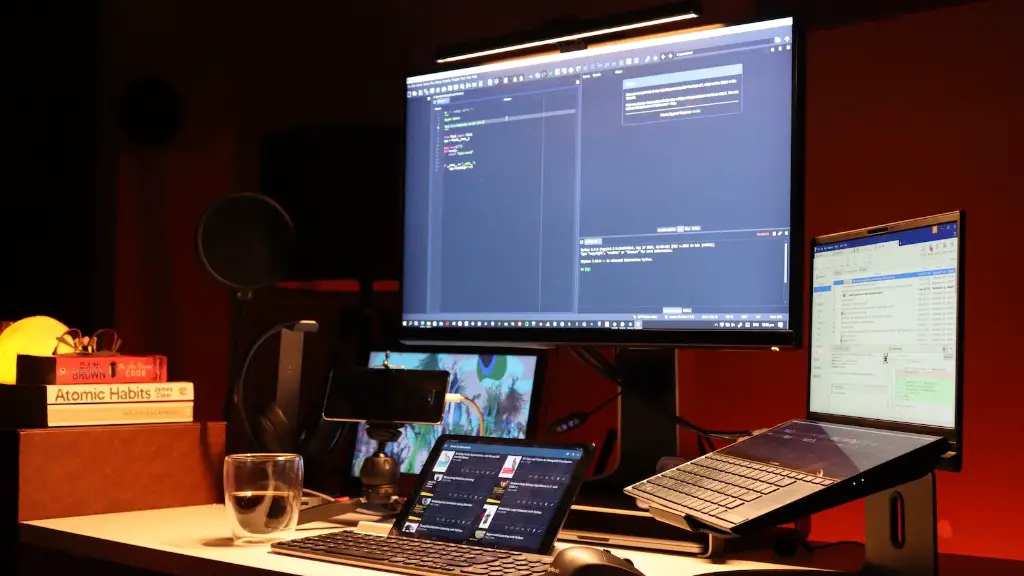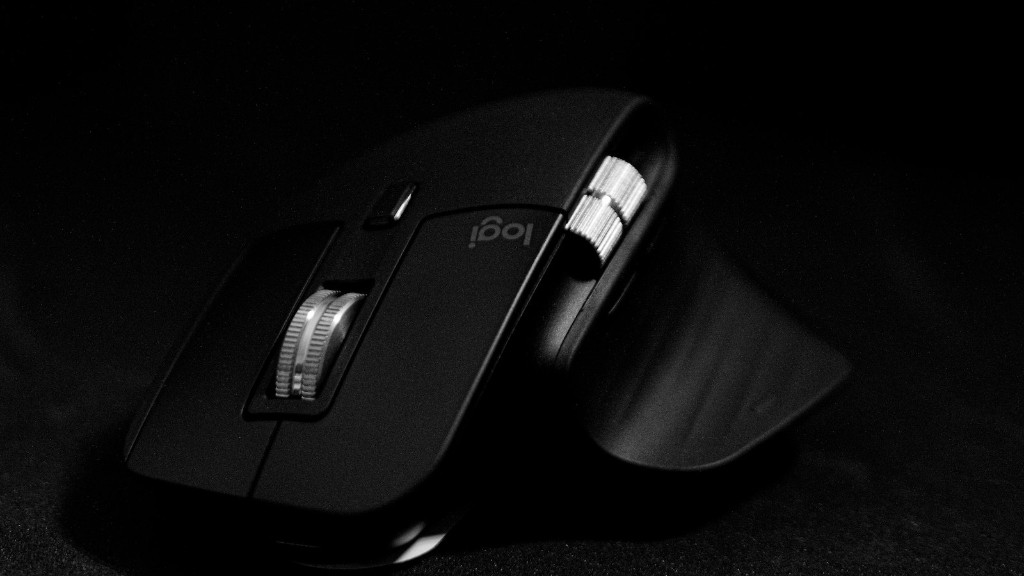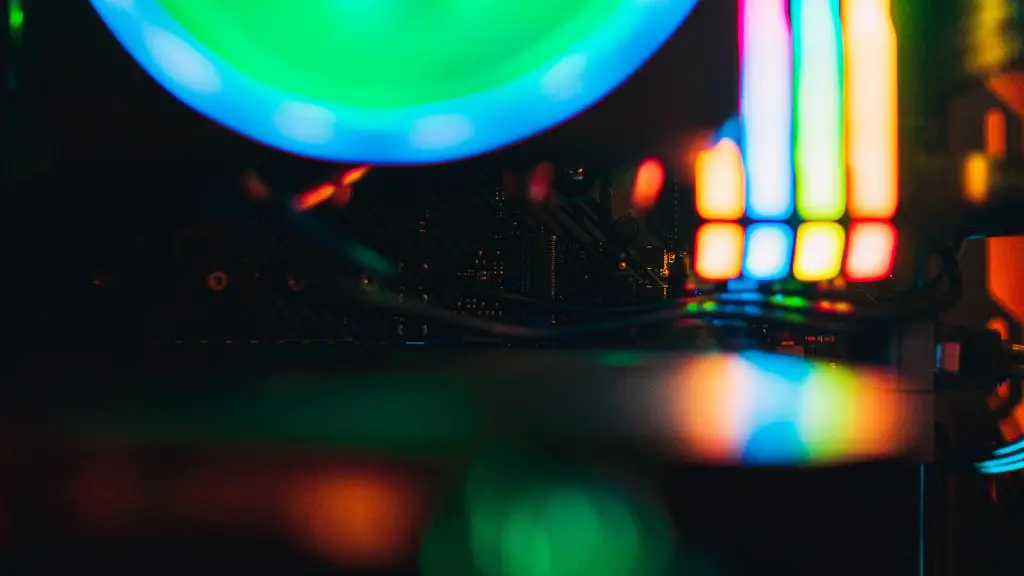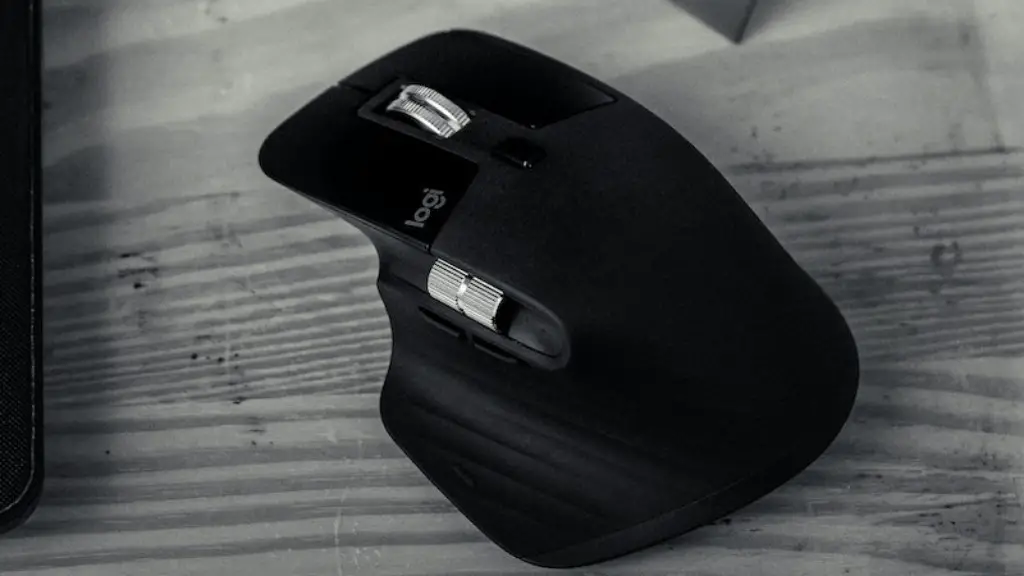Gaming is a popular hobby, and one that requires a powerful PC. When selecting a gaming PC, many people ask, ‘What’s Good Wattage for Gaming Pc?’ This is an important question and one that requires careful consideration. The wattage of a gaming PC is related to many different factors, and we’ll cover them in this article.
When it comes to gaming PC wattage, the most important factor is the graphical processing unit. This is because the GPU is responsible for handling the graphics processing needs of a game and will be the main consumer of power. Generally speaking, gaming PCs that feature a GTX 1060 or GTX 1070 will require between 150 and 400 watts of power depending on the other components of the system. On the other hand, if you have an RTX 2060 or RTX 2070, it is likely you’ll need between 300 and 600 watts of power.
In addition to the GPU, the power needs of a gaming PC depend largely on the other components and their power requirements. The CPU, RAM, storage, and other components can all add up and increase the power demands of a gaming PC. You’ll also want to factor in any overclocking you may do, as this can further increase the power requirements. As a result, it is a good idea to invest in a power supply with a little bit more wattage than what the components you have selected would theoretically require. For instance, if you have a GTX 1060 and an i7 processor, you could opt for a 450 watt power supply to accommodate any possible future upgrades.
Finally, the quality of the power supply is also an important consideration. A higher quality power supply will be more efficient, which means it won’t require as much wattage to power the system as a lower-quality power supply would. Additionally, higher-quality power supplies are less likely to fail, which can potentially be disastrous for your system. Investing in a quality power supply is recommended, even if it has fewer watts than an equivalent lower-quality power supply.
Connectivity
In addition to the wattage requirements, it is important to consider the type of connectors a power supply offers. A power supply is only as good as the connectors it offers. Different components require different connectors, and it is important you make sure the power supply you purchase offers the connectors your components need. For instance, graphics cards typically require PCI-e connectors, while storage drives will require SATA connectors. Make sure you purchase a power supply that offers the right connectors.
Another important factor in selecting a good power supply for a gaming PC is the wattage rating of each of the connectors. Some components, such as graphics cards, can be very power hungry and require larger wattage cables. If the power supply doesn’t offer the right wattage rating for the connectors, it isn’t going to be able to provide sufficient power for the component. Make sure you purchase a power supply with the right wattage rating for each of the connectors.
Finally, it is important to select a power supply with sufficient wattage for the whole system. Overclocking and multiple graphics cards can have a tremendous impact on the wattage requirements of a system. If the power supply doesn’t provide enough wattage, it may not be able to handle the added load and could result in system instability or other issues. Make sure to select a power supply with a wattage rating that exceeds the demands of the system.
Cooling Performance
In addition to the wattage, another very important factor to look at when selecting a power supply for a gaming PC is the cooling performance. As power supplies require a lot of wattage, they tend to generate a lot of heat. It is important to select a power supply that is designed to handle the extra heat that comes with the wattage. Selecting a power supply with poor cooling performance can result in the power supply failing prematurely.
Most power supplies will feature fans to help dissipate the heat produced. It is important to make sure the fans are of good quality and spin at high enough speeds to keep the temperature down. Additionally, some power supplies offer liquid cooling solutions to help keep the power supply cooler. Liquid cooling offers superior performance compared to air cooling, and is recommended for gaming PCs that generate a lot of heat.
Finally, when selecting a power supply for a gaming PC, it is important to investigate the noise produced. Power supplies with poor cooling performance tend to be a lot louder, so make sure you check the noise ratings of the power supply you intend to purchase. Some higher-end power supplies are designed to be quiet, so if you’re looking for a power supply that won’t distract you while gaming, it’s worth investing in one of these models.
Reliability
In addition to wattage, connectors, cooling performance, and noise, it is important to consider the reliability of a power supply. A power supply that fails can cost you not just money, but also the components in your PC. Investing in a power supply from a reputable manufacturer ensures that you are getting a power supply with superior build quality and top-notch reliability.
It is also important to pay attention to the warranty of the power supply you are considering. Most power supply manufacturers offer warranties on their products. These warranties can vary in length and coverage, so it is important to make sure the power supply you purchase has a good warranty. Additionally, some power supplies offer longer warranties if you register the product or use certain components. Make sure to check with the manufacturer to see what warranties are available.
Finally, it is important to make sure the power supply you are purchasing is compatible with the motherboard you have selected. Most modern motherboards are compatible with a wide range of power supplies, but it is worth double checking to make sure before you purchase. An incompatible power supply can cause numerous issues, so it is important to make sure the power supply you select will work with the motherboard.
Safety
When it comes to selecting a power supply for a gaming PC, safety should be your primary concern. It is essential to select a power supply that was manufactured in accordance with the highest safety standards. A poorly-made power supply can cause serious damage to your PC, and potentially even catch fire or explode. To ensure safety, it is important to only purchase power supplies that are UL certified.
Additionally, it is important to select a power supply that comes with some sort of protection circuit. These circuits protect the power supply and other components in the PC from fluctuations in voltage or current. Without these protection circuits, a sudden surge in power can fry components and potentially damage the power supply. Make sure you purchase a power supply that comes with protection circuits.
Finally, it is important to make sure the power supply you purchase is within the range of wattage that your components require. A power supply that is too weak for the components it is powering can cause the components to underperform, while a power supply that is too powerful can cause components to fail or cause damage to other components due to excess power.
Cost
The cost of a power supply is an important consideration when selecting one for a gaming PC. Generally speaking, more expensive power supplies tend to offer better performance and reliability, but this isn’t always the case. Cheaper power supplies can sometimes provide adequate performance and reliability, so it is worth doing some research to see what is suitable for your needs.
The actual cost of a power supply will depend on the wattage, brand, and quality. Higher-wattage power supplies tend to be more expensive, and higher-quality power supplies will typically be more expensive as well. Additionally, power supplies from well-known brands tend to be more expensive than those from lesser-known brands. Finally, it is important to factor in any bundles or discounts that may be available. Keep an eye out for sales and discounts, as these can help you save money on purchasing a power supply.
When selecting a power supply for a gaming PC, it is important to consider the wattage, connectors, cooling performance, reliability,safety, and cost. All of these factors should be taken into account when selecting the right power supply for your system. Doing your research and carefully considering each of these factors will ensure you purchase a power supply that is perfect for your needs and budget.
